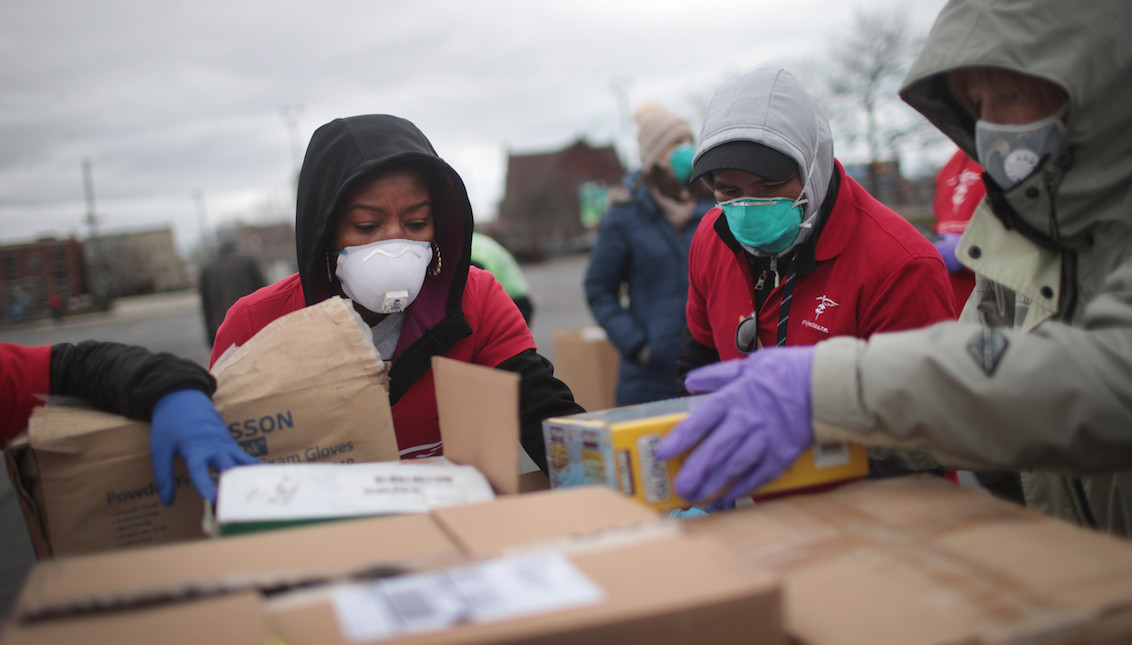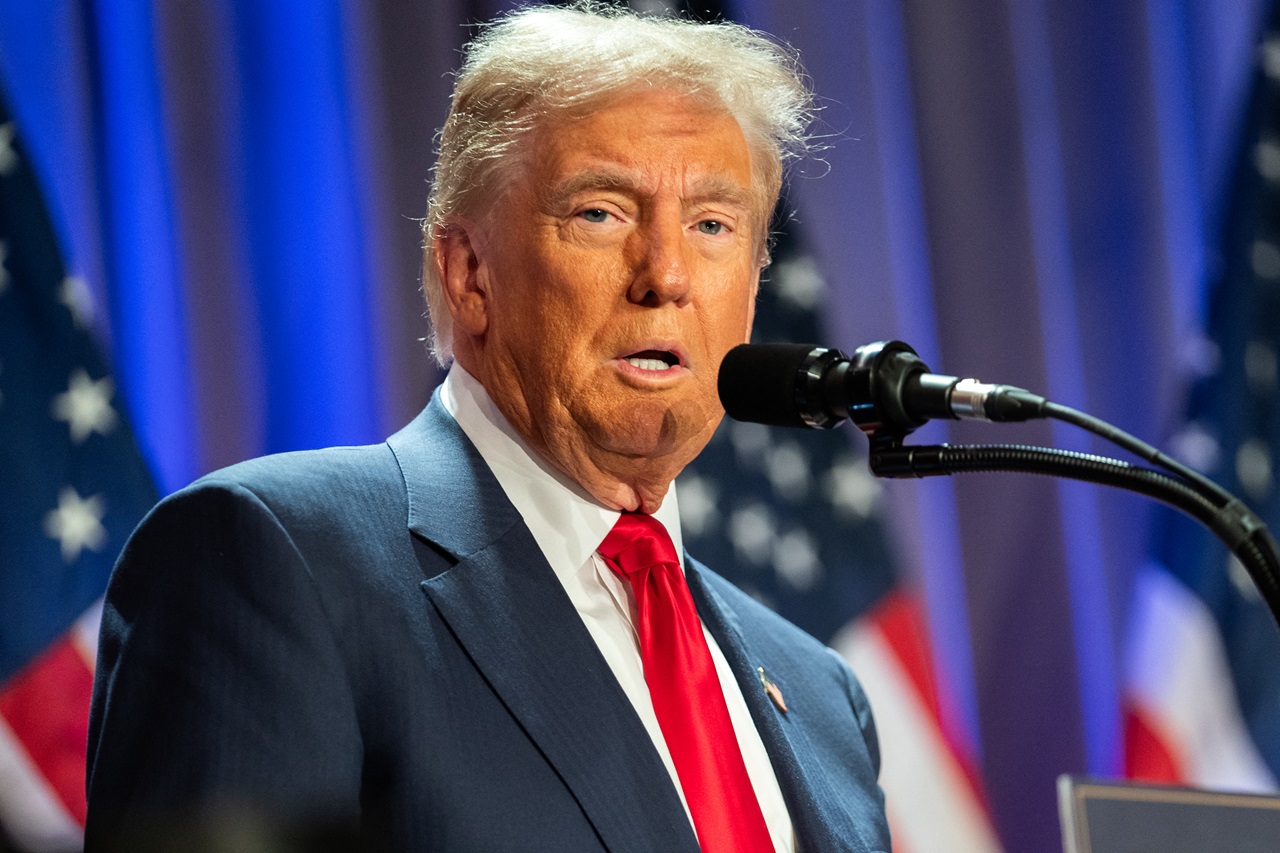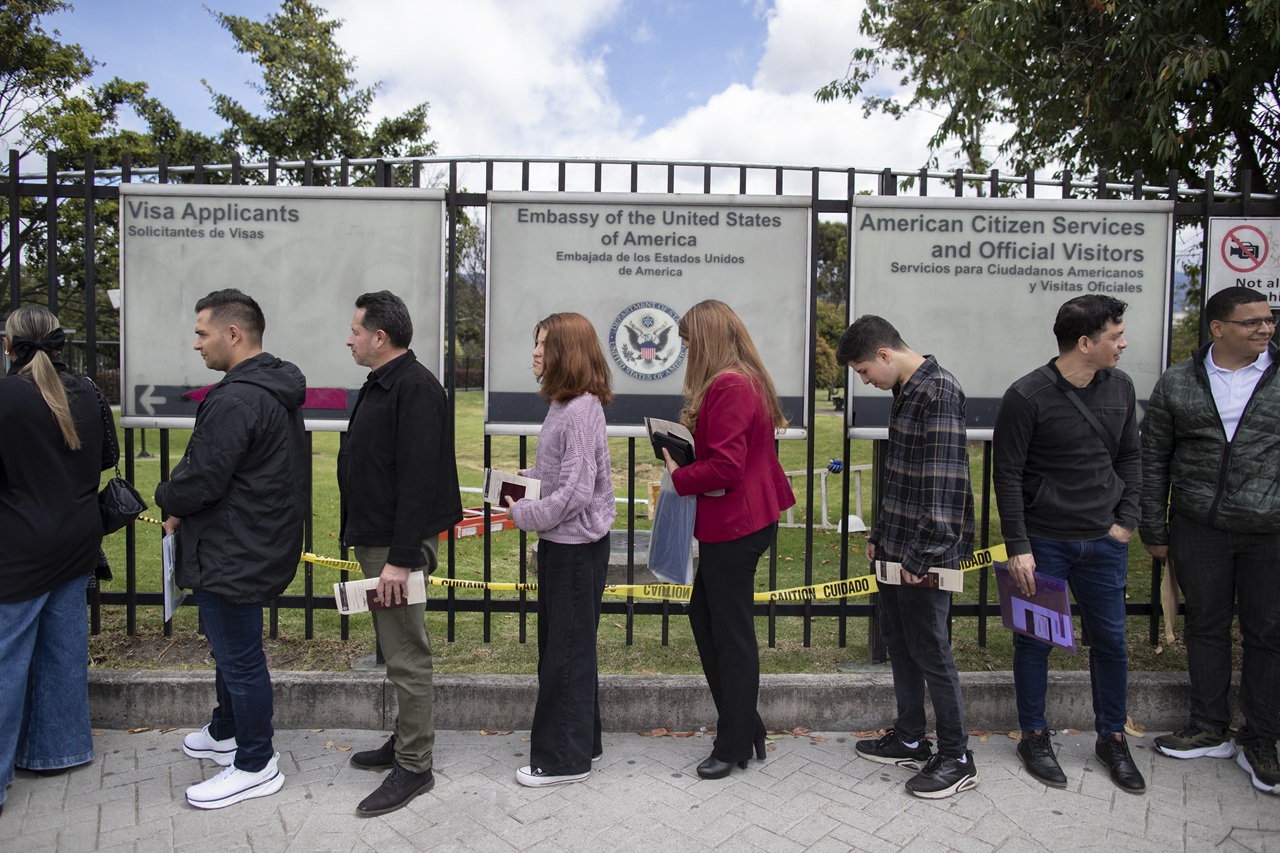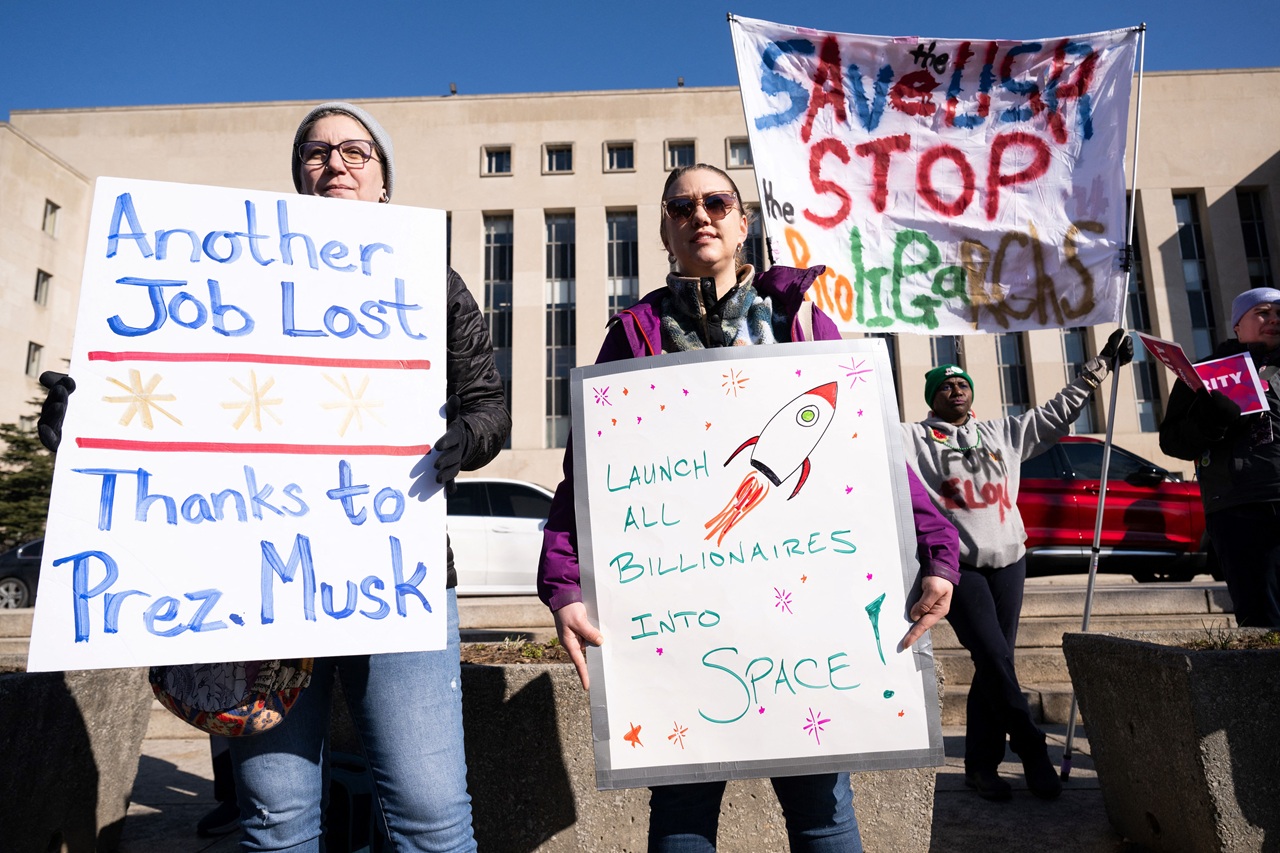
The impact of COVID-19 on Latinos is more serious than previously thought
A new survey has shown that the Hispanic community is three times more likely to have suffered from the disease or lost a family member to the Coronavirus.
The Coronavirus pandemic in the United States has made it clear that being healthy is a privilege.
What was once perceived as Democratic political proselytism is now a palpable reality when it is precisely people of color who have the highest infection and death rates in the country.
In early April, the New York Times reported a disproportionately high rate of infection and death in the African-American community, especially in the most densely populated cities.
Despite the lack of accurate reporting of cases in each state, the figures were around 43% in Illinois, for example, a state where the Black population is only 15%. In Michigan, the situation was similar, with 40% of the population dead.
But in other places like Louisiana, about 70% of the people who died from COVID-19 were African-American.
A month later, the same newspaper reported an even worse picture for Latinos.
In Iowa, Latinos account for 20% of coronavirus cases, but only 6% of the population. In Washington, they account for 31% but only 13%.
“Public health experts say Latinos may be more vulnerable to the virus as a result of the same factors that have put minorities at risk across the country,” the paper added. “Many have low-paying service jobs that require them to work through the pandemic, interacting with the public. A large number also lack access to health care, which contributes to higher rates of diabetes and other conditions that can worsen infections.”
Three weeks later, a new ABC News/Ipsos survey showed how Latinos and African Americans are "nearly three times more likely to personally know someone who has died from the virus than white Americans.”
RELATED CONTENT
Twenty-six percent of Latino adults and 30 percent of black adults nationwide said they know a victim of the coronavirus, who died either from the disease or from complications related to the virus. For white adults, the corresponding figure is only 10 percent.
This data, however, could be even worse, considering the lack of mass testing that has occurred in the country and the high probability that the case count is not comprehensive.
The survey also showed how whites are more likely to say they are very confident they would know where to test (46%) than blacks (29%) and Hispanics (35%). Similarly, whites are more likely to say they are very confident they could get tested (38%) compared to blacks (25%) and Hispanics (25%).
Similarly, another survey conducted by Latino Decisions and funded by UnidosUS, SOMOS Health Care, and MoveOn, demonstrated other types of vulnerabilities in the Hispanic community.
About 60% of Latinos surveyed nationwide said that they or someone in their household had lost their job, received a pay cut, or was on leave due to the pandemic.
Nearly 70% of respondents said that the time was coming when they would not be able to pay for basic expenses such as rent, food, utilities and mortgage, and a third of them said that they had not received a coronavirus stimulus check, and half of the Latino business owners said that they found it difficult to access small business loans offered by the federal government.
Joaquin Castro, D-Texas, chairman of the Congressional Hispanic Caucus, said Wednesday that the survey highlights how Latinos are disproportionately impacted by the coronavirus and the economic crisis it created, according to the Chicago Sun-Times.
“For many politicians, even well-intentioned ones, the Latino community is still a blind spot, and so this [poll] is important in shedding light on the impact of this pandemic, which has been both a public health emergency and a health emergency for many Americans, and most especially for Latino Americans,” Castro said.











LEAVE A COMMENT: